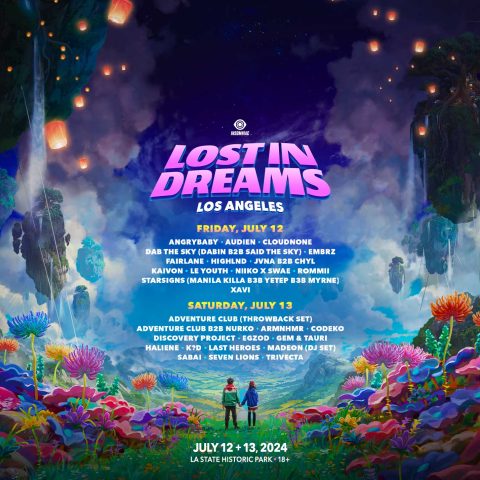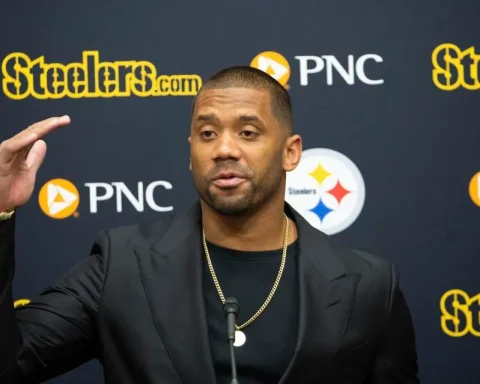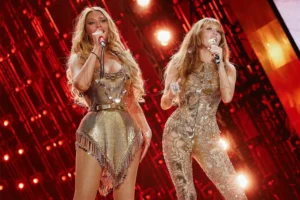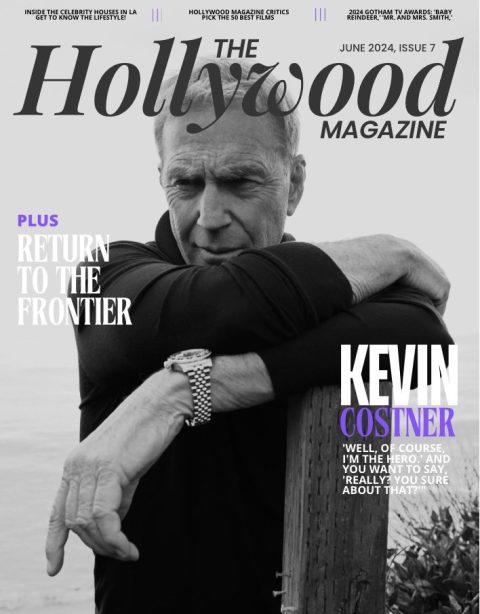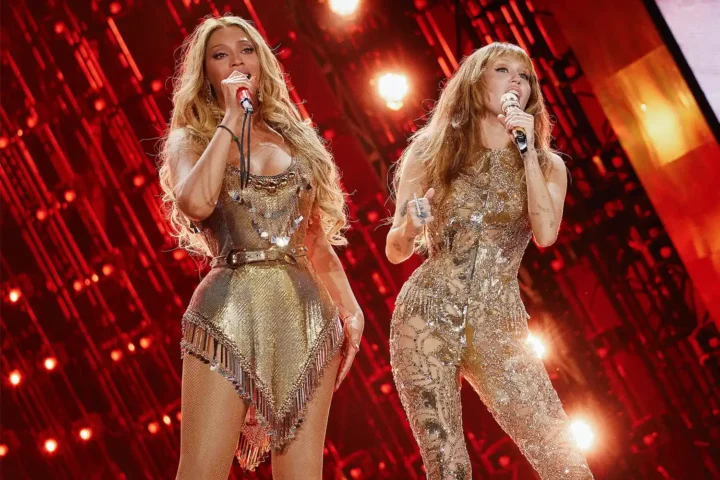Billy Idol Reflects, Rocks, and Reclaims His Legacy with ‘Dream Into It’
From Punk Rebel to Rock Legend: Billy Idol Chronicles His Wild Ride and Hard-Won Wisdom in Dream Into It
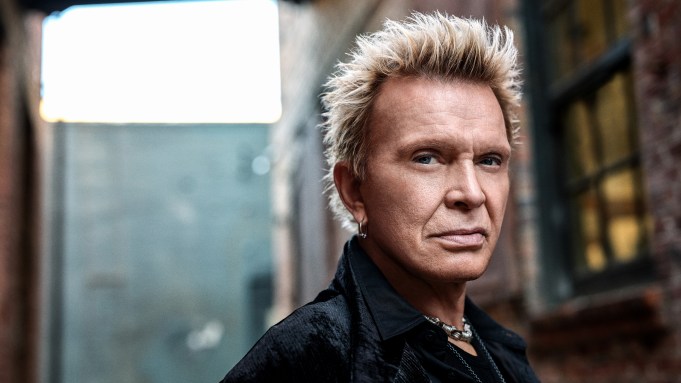
As his Rock Hall nomination looms, the punk icon opens up about sobriety, songwriting, and the deeply personal album that tells the story of his life.
Billy Idol has always danced to his own beat. Known for his sneer, snarl, and rebellious persona, he was once the face of punk rock gone mainstream. But in 2025, the “White Wedding” legend stands at a new crossroads — both reflective and revitalized. With a Rock & Roll Hall of Fame nomination finally in hand and his first album in over a decade, Dream Into It, set for release on April 25, Idol is reintroducing himself to the world: not just as a rock icon, but as a man who’s lived, learned, and is still dancing.
A Long-Awaited Nomination
It’s been nearly two decades since Billy Idol first became eligible for the Rock & Roll Hall of Fame in 2007, but it wasn’t until this year that he received his first official nod. Speaking from his home in Los Angeles via Zoom, Idol tells The Hollywood Reporter he’s both honored and realistic.
“Well, that would be rather fantastic,” he says of the potential induction. “But the New York Dolls aren’t in, and they’re a seminal band. The MC5 only got in last year. I can understand why this is my first time.”
Still, Idol’s fan base is rallying. As of this week, he holds the third spot in the Hall’s fan vote, trailing only Phish and Bad Company. And he’s in good company — praising fellow first-time nominees like Paul Rodgers of Bad Company (“one of the greatest voices in rock”) and calling Joy Division/New Order “one of my favorite groups.”
It’s not his first Hall experience, either. Idol has attended two previous induction ceremonies, including a tribute to Ozzy Osbourne in 2024 and a virtual appearance in 2020 honoring glam rock hero Marc Bolan. “I really enjoyed Ozzy’s solo induction,” Idol says. “Apart from seeing people I already know like Roger Daltrey and Sammy Hagar, I met people like Dua Lipa. It was a great night.”
A New Chapter: Dream Into It
Idol’s newest album, Dream Into It, is more than just a return to music — it’s a deeply autobiographical journey through his life. Split into two thematic halves, the record moves from the reflective Dying to Live to the hopeful and forward-facing I’m Reborn. It’s his first studio album in 11 years, following 2014’s Kings & Queens of the Underground, and this time, he’s determined to go deeper.
“The last album told my story, but it was a bit surface level,” Idol admits. “With this one, I wanted to really talk about all of my life.”
The album, shaped in part by a long-in-development documentary about Idol’s life, touches on themes of addiction, fatherhood, personal failures, and ultimate redemption. Songs like “Still Dancing,” the album’s powerful closing track, reflect a survivor’s strength — someone who’s embraced both his scars and his success.
“There’s a certain wild side you have to keep hold of to stay engaged, to stay writing songs,” he says. “But that doesn’t always work with relationships.”
Still, Idol accepts both the chaos and the clarity. “It’s a shame that sometimes, by doing what you’ve got to do, you hurt the people you love,” he reflects. “But, if you don’t do it, you’re going to let them down because they won’t know the real you.”
A Rocker Reimagined
Since becoming sober in 2010, Idol has been on a journey not only of healing, but of evolution. He’s no longer the reckless “bad boy” of MTV fame — though the spirit still lingers. He’s a grandfather now, a reflective artist, and a storyteller who still burns with purpose.
“My dad was incredible, really killer at being the head of the family. I never imagined I’d be able to be the same as him,” he says. “But funnily enough, at this stage in my life, rock ‘n’ roll has given me the ability to be that guy.”
It helps that his music continues to connect across generations. Idol now has over 12.5 million monthly listeners on Spotify, with classics like “Rebel Yell” and “Eyes Without a Face” each nearing half a billion streams. It’s proof that his legacy isn’t just nostalgia — it’s enduring relevance.
Powerful Collaborations, Punk Roots
Dream Into It also finds Idol teaming up with a trio of powerhouse women from the punk and alternative scenes. Avril Lavigne joins him on the explosive “77,” a track that Idol admits was “fine” solo, but “three times better” with her on it. Alison Mosshart of The Kills returns to collaborate on “John Wayne,” and punk legend Joan Jett appears on “Wildside.”
Jett, a longtime friend since 1978, will also co-headline the North American leg of Idol’s It’s a Nice Day to…Tour Again! tour, kicking off April 30. Their shared history — rooted in early punk and nights at the Whisky a Go Go — brings a special chemistry to the new music.
“Punk rock was all about trying to write your own songs and be your own boss,” Idol says. “We broke through at a time when a lot of other punk rock people didn’t go mainstream — or couldn’t, I suppose.”
That punk spirit still fuels him, even if the edges have softened with age. Calling himself “Billy Idol” was always part of the performance, part of the wink. Now, he’s peeling back the layers.
A Life, Lived Loudly
At 68, Billy Idol isn’t trying to reclaim his youth. He’s honoring it — and using it as a springboard into new creative territory. Dream Into It is both a confession and a celebration, a record that balances regret with redemption.
“If you told me when we started out that one day I’d be in something with Little Richard and Chuck Berry, I’d have laughed,” Idol says. “But here I am. Still writing, still performing, still dancing.”
And maybe, just maybe, on the cusp of being immortalized in the Rock & Roll Hall of Fame.
